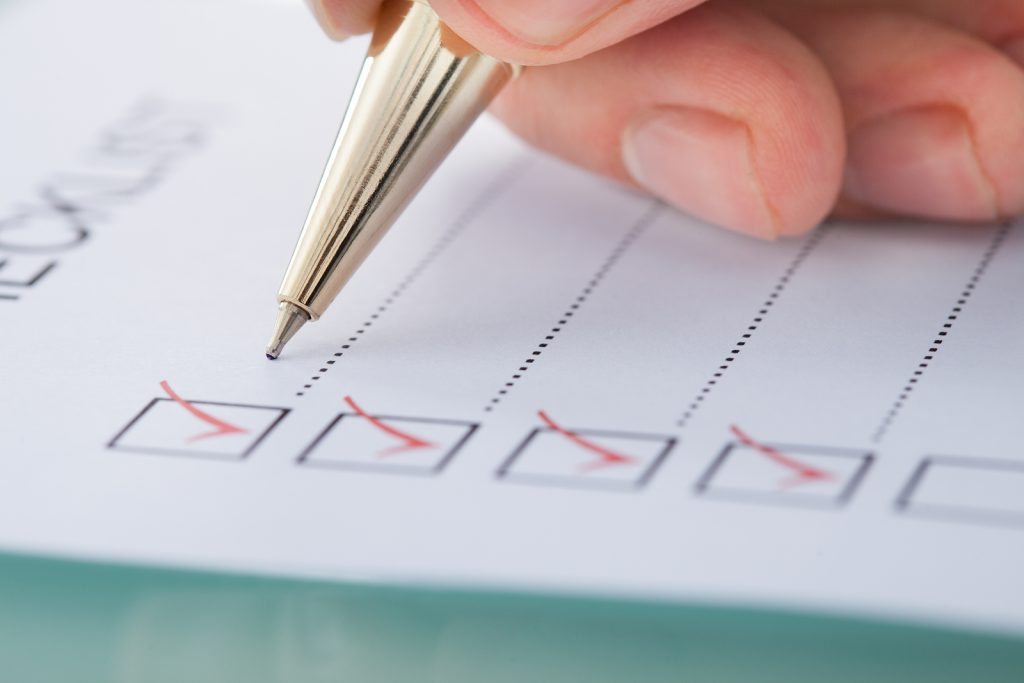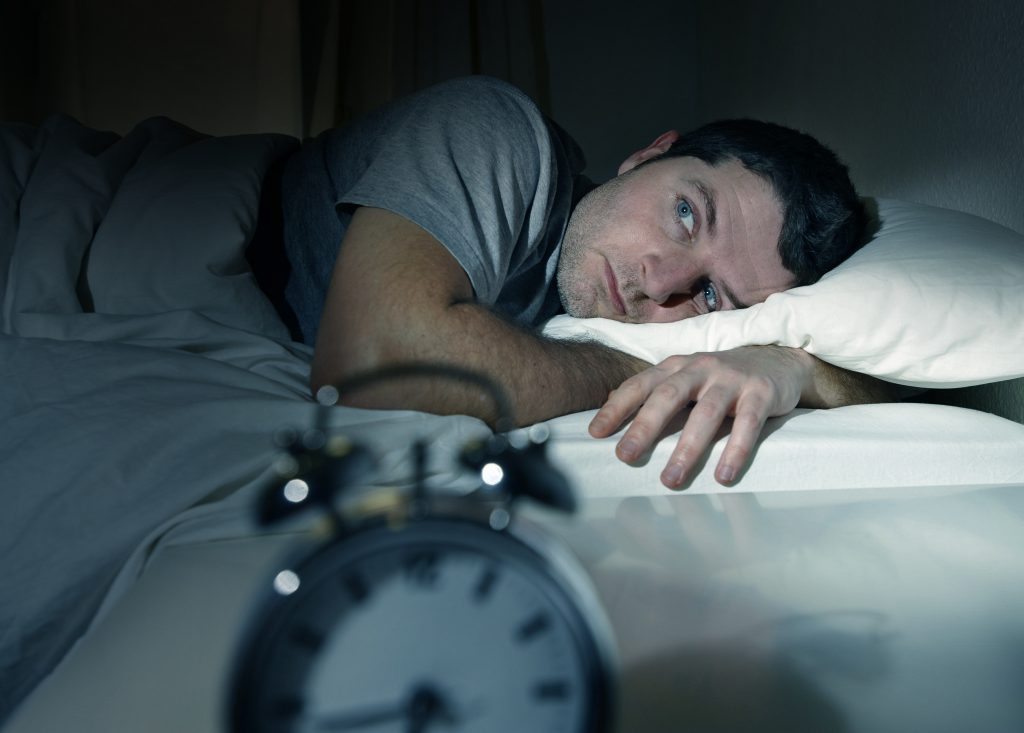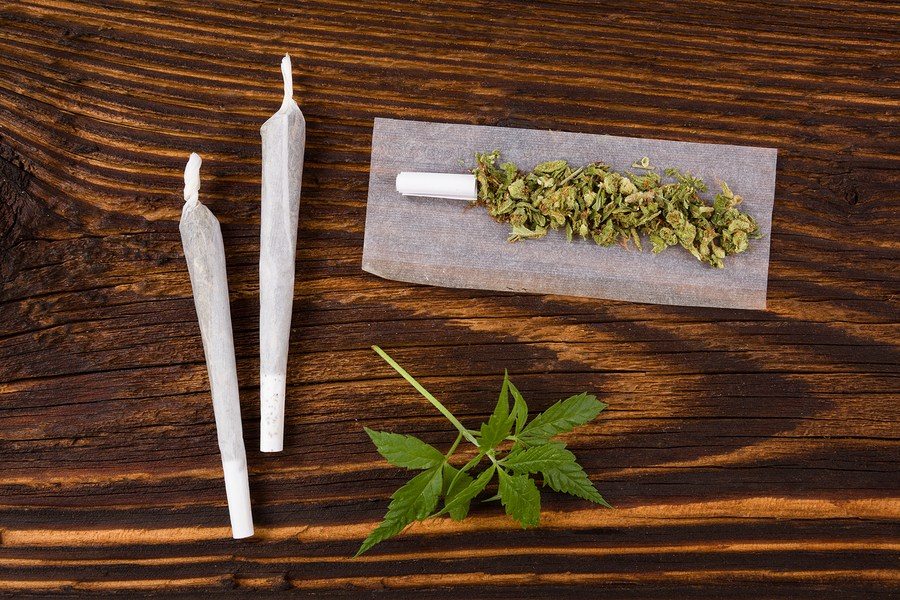Every medication has one or more active ingredients that are responsible for the drug’s efficacy. For example, the active ingredient in Tylenol is acetaminophen, which works to relieve pain and bring down fevers. The active ingredients in marijuana, or Cannabis, are called cannabinoids. There are numerous cannabinoids, but two of the most heavily studied are THC (Tetrahydrocannabinol) and CBD (Cannabidiol). The question if you’re a Massachusetts medical marijuana patient is, which one works better?
Which Cannabinoids in Marijuana (Cannabis) Do What?

Before comparing the medical merits of CBD and THC, let’s cover some basic points about the differences and similarities between these two substances.
Both are cannabinoids, which, as my glossary of medical marijuana terms explains, are chemical compounds present in Cannabis (the plant your medical marijuana products come from). There’s a common misconception that certain cultivars (“strains”), known as Cannabis sativa, contain a higher ratio of THC to CBD, while other cultivars called Cannabis indica contain a higher ratio of CBD to THC. We now know that this is merely a marijuana myth, and that levels of THC and CBD are not determined by cultivar variety.
Cannabinoids all work together to create the effects of marijuana. In fact, this phenomenon even has a name: the “Entourage Effect.” The Entourage Effect theory essentially posits that many heads are better than one – that cannabinoids work better as a team than alone.
Cannabinoids do appear to have individual characteristics that may make some of them better-suited than others for the treatment of seizures, chronic pain, and other health problems. For instance, THC and another cannabinoid known as CBN (Cannabinol) are both known to aid sleep. However, attempts to isolate and use individual cannabinoids have failed miserably. Marinol, a synthetic THC approved for use for chemotherapy-induced nausea and vomiting, is an example. Brought to market in the late 1980s, it is not widely used because the overwhelming psychoactive effects are intolerable.
The sheer number of cannabinoids in marijuana – about 80 – makes it challenging to identify which are responsible for which effects. The combinations and possibilities are virtually endless, and, as I said in my earlier article on the Entourage Effect, we are frankly unlikely to find all the answers in our lifetime.
The best benefit to patients is a balanced approach to cannabinoids. Many strains of Cannabis were bred for recreational users and have high THC levels (30%). These can actually overpower the Entourage Effect, dampening the benefits for patients who use Cannabis as medicine. Ideally, patients should seek out a balanced, medium-potency (not high-potency) Cannabis, with THC levels around 15%.
What Are the Effects of CBD vs. THC on Anxiety and Insomnia?

CBD oils have increasingly become an area of interest for parents whose children have been diagnosed with certain forms of epilepsy, which can cause hundreds of seizures per day. Since CBD does not produce psychoactive effects (a high), parents seem more comfortable using it for their children. However, as I noted in my article on hemp seed oil, CBD oils invariably fail unless they contain some THC.
When THC is reduced below a certain threshold, you are essentially left with hemp, which has no medical value precisely because its THC content is so low. Even proponents of Project CBD – which, as you can guess from the name, doesn’t exactly have an anti-CBD agenda – openly acknowledge the medical necessity of THC. The following Project CBD quote sums it up nicely:
“CBD can modulate CB1 receptor signaling only when THC or another cannabinoid compound is active at the orthosteric binding site. In terms of whole plant [C]annabis therapeutics, CBD’s efficacy as an allosteric modulator requires the co-presence of THC.”
That being said, it would probably be jumping the gun to dismiss CBD as outright useless while research is still in the process of being conducted. While acknowledging that, unfortunately, “Little experimental research exists on the effects of CBD alone or in conjunction with THC,” a 2013 study published in Frontiers in Psychiatry also noted “indications that CBD may have some neuroprotective properties.” The study explained, “In some neurodegenerative diseases that are often associated with declines in cognitive functioning, such as Alzheimer’s and Parkinson’s diseases, CBD may have some role in treatment or prevention.”
The authors of the Frontiers research also suggested that “anxiety-inducing effects of THC can be suppressed by CBD,” citing a German study conducted in 1982, in which “It was verified that CBD blocks the anxiety provoked by delta 9-THC.” Unfortunately, “[T]his effect also extended to mari[j]uana-like effects and to other subjective alterations induced by delta 9-THC” – which can include relaxation, promotion of sleep, and other positives.
In short, CBD can actually interfere with some of the desirable effects of THC. For instance, it makes no sense to use CBD for insomnia, since CBD actually promotes wakefulness.
Is CBD or THC Better for Treating Cancer Patients?
When you compare CBD and THC one-on-one, THC pulls more weight, at least in terms of pain alleviation and sleep promotion. THC is also more beneficial with regard to its cancer-fighting properties, which have been demonstrated in various studies on marijuana and cancer (though claims that “Cannabis can cure cancer” are hyperbole).
CBD may also have some use in fighting cancer. As a 2007 study in Molecular Cancer Therapeutics noted, “CBD… can significantly decrease Id-1 expression in metastatic breast cancer cells leading to the down-regulation of tumor aggressiveness.” However, to quote researcher Guillermo Velasco of Complutense University of Madrid, “In my opinion as a scientist… THC is the compound that has the most potent anti-cancer activity. CBD is helping — we tried a lot of combinations of THC and CBD because it’s good for avoiding the side effects of the therapy… but, definitely THC is important.”
The bottom line is that the Entourage Effect should be embraced, because cannabinoids are most effective when they’re all used together. Even THC – the most medically valuable cannabinoid, to our current understanding – works best when balanced with other cannabinoids.
If you have any questions about the health benefits of THC or CBD, or about the process of becoming a medical marijuana patient in Massachusetts, I encourage you to contact Inhale MD at (617) 477-8886 for a private consultation.

